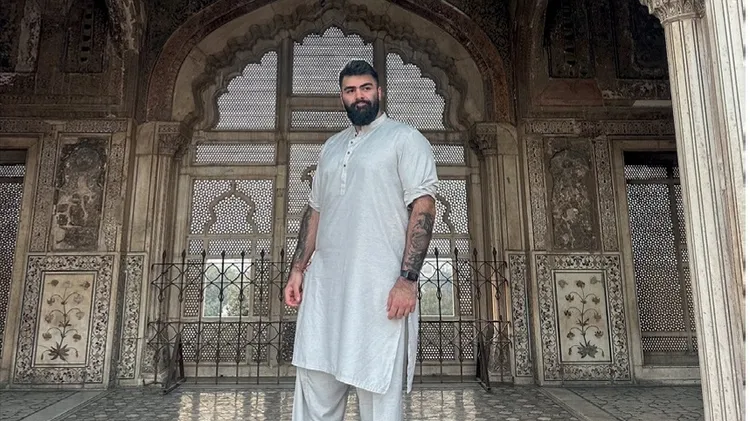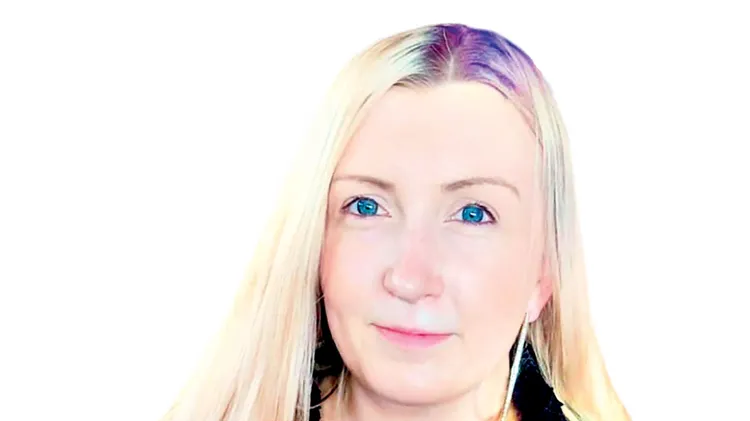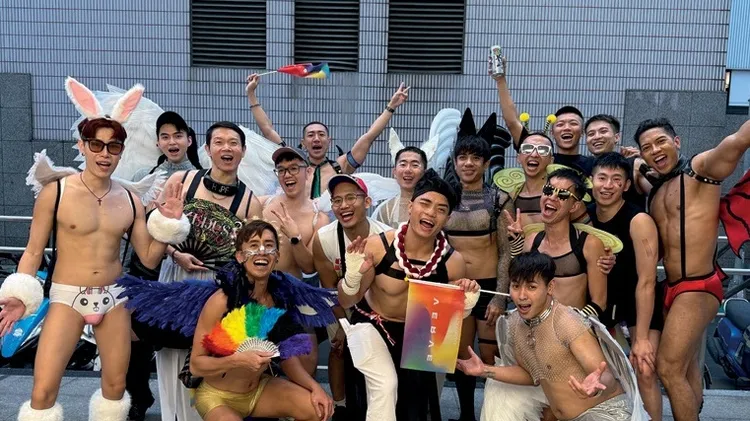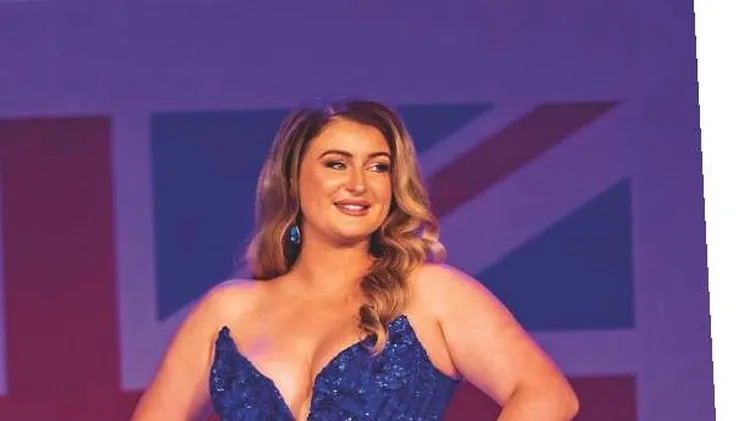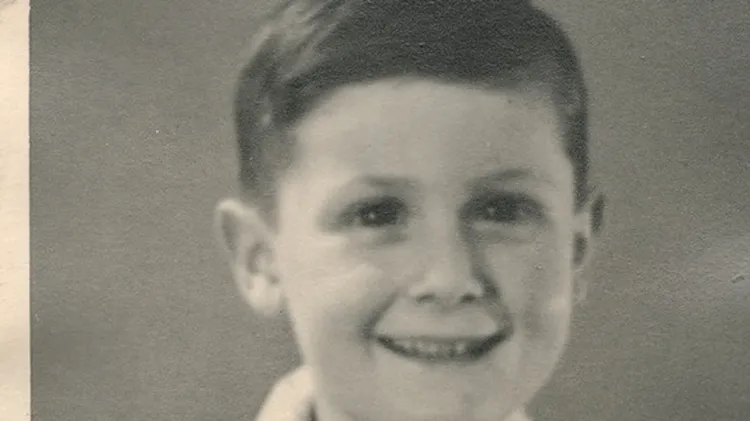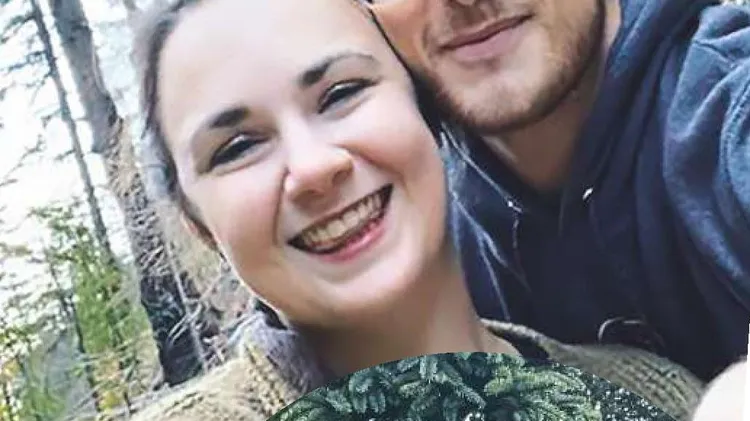When Kazakhstani Aziyat Agishev came out,
“coming out has led to a lot of family conflict”
3 min read
This article is from...
Read this article and 8000+ more magazines and newspapers on Readly

